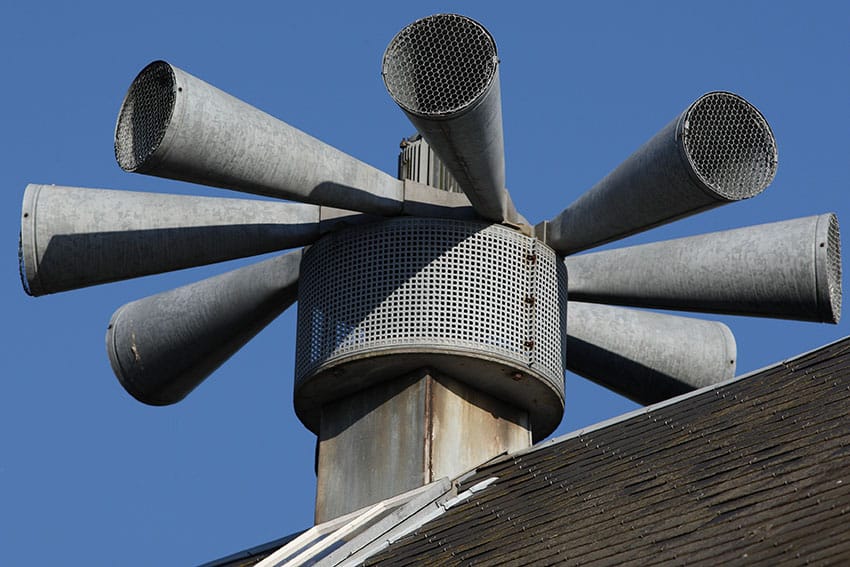What to do if the Principality’s danger warning sirens sound?

They sound at noon on the first Wednesday of the month, in a trial run, but what should we do if they go off at some other time?
Sirens cover the entire territory of Monaco. There are six in total, on the roofs of the following buildings: the Louis-II Stadium, the Fontvieille school, the Sûreté Publique, the Prince’s Carabinieri Barracks, the Lycée Technique et Hôtelier and the Hôtel Méridien.
While they are tested every first Wednesday of the month at noon, if they go off at any other time it would be to indicate an imminent danger from a major natural or technological incident, such as a toxic cloud, a nuclear accident or a storm.
Stay indoors
If the National Warning Signal sounds, the population must stay indoors and follow these safety instructions to the letter:
> What to do:
- Take shelter
- Turn off any heating, air conditioning or ventilation
- Turn on the radio or television to hear instructions from the authorities
- Check the authorities’ official social media accounts for updates
> What NOT to do:
- Stay in your vehicle
- Open or stand next to windows
- Pick your children up from school (they will be looked after by the school)
- Light a flame or turn on the gas
- Take the lift
- Leave your shelter without instructions from the authorities
- Phone all your relatives, as the networks must remain available for emergency services
So that you can recognise it, you should be aware that the warning signal consists of three sequences of one minute and forty-one seconds with a 5-second break between each sequence. It is triggered by order of the Minister of State from the Centre de Supervision et de Commandement Opérationnel (Public Security Operational Command and Supervision Centre – CSCO) or from the Centre National de Gestion de Crise (National Crisis Management Centre -CNGC).

Did you know that the warning system was originally introduced during the Second World War to warn people of aircraft bombing raids?
Schools – a special case
At the beginning of each school year, teachers and all school staff are given Plans Particuliers de Mise en Sûreté (Emergency Prevention and Planning docuemnts- PPMS), which describe in great detail the procedures to follow in the event of major risks. To check that these instructions are implemented correctly, exercises are carried out three times a year.
The end of the alert is sounded by a continuous signal of 30 seconds. The danger has passed, life can go back to normal.









